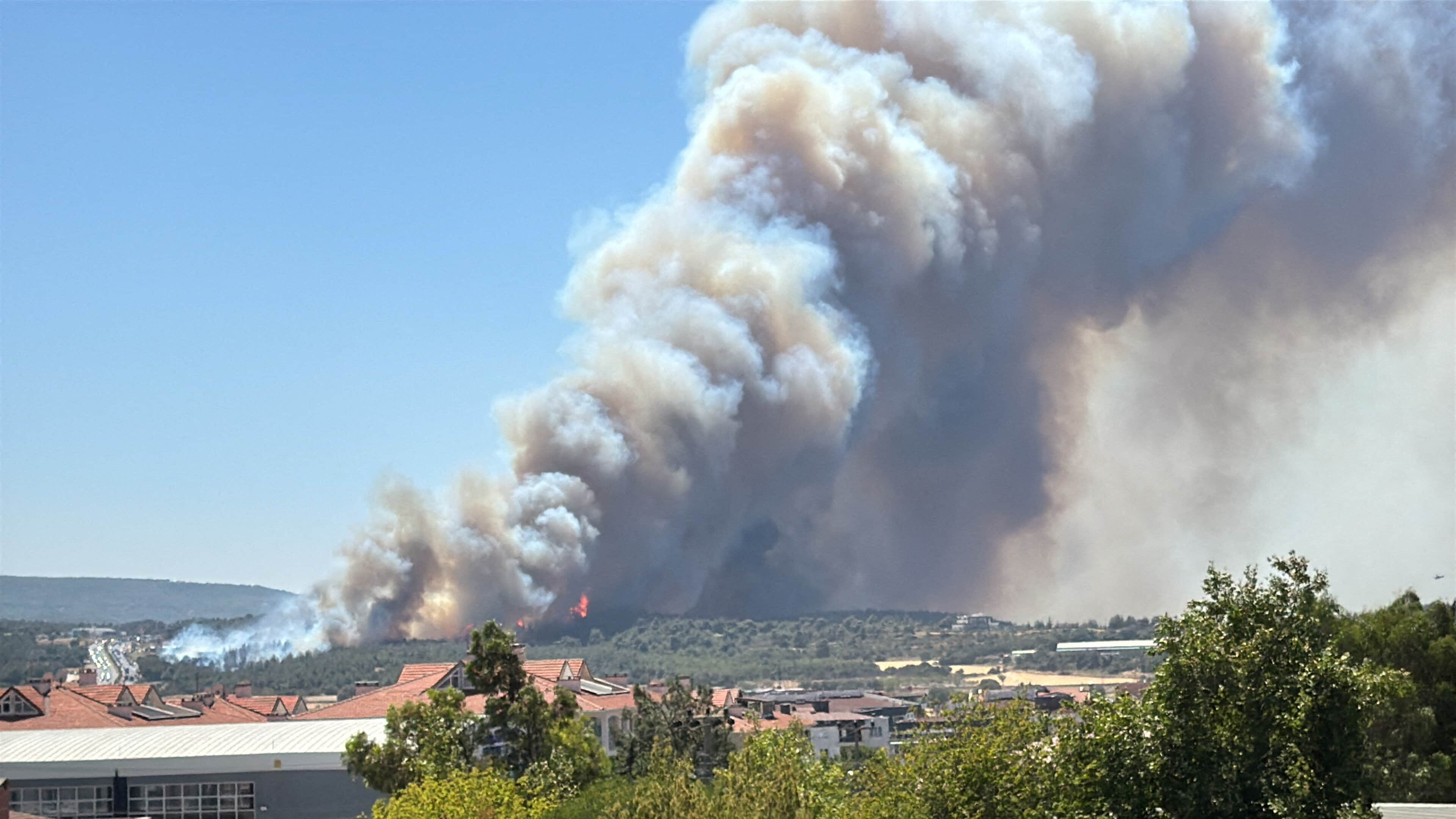How technology transformation can drive climate change action

Image: Unsplash.
- Technology has been an essential means of staying connected throughout the COVID-19 pandemic.
- As consumer demand rises, the industry must drive sustainable impact as it continues to innovate.
- Meeting ambitious climate change targets requires a fundamental transformation in the way products are manufactured and reused.
Technology was omnipresent before the COVID-19 pandemic. And its relevance has grown ever since – it’s become even more essential in helping us stay connected and work, or learn, from home. Gartner estimates PC shipments went up 32% in the first quarter of 2021, and International Data Corporation (IDC) saw the global hardcopy peripherals market ship 27 million units in the fourth quarter of 2020, with a growth rate of nearly 6% year over year. IDC also predicts the global technology industry will reach $5 trillion in revenue this year.
As technology continues to underpin our professional, academic and personal lives, and as the industry continues to develop new products and services, driving sustainable impact alongside product innovation needs to be the north star. The UN calls climate change an “existential threat” to humanity. We need to shift from the current take-make-waste model to a net-zero, regenerative economy.
To accomplish that, sustainability and innovation must go hand in hand – it’s not one or the other. From our experience creating a sustainable PC portfolio, we know that combination is both possible and good for business. For the second consecutive year, HP tracked more than $1 billion in sales wins where sustainability was a consideration. External research and our own data continue to show that customers are demanding more sustainable products and supporting companies that operate in the service of humanity.
As a result we’re announcing our climate commitments. Our goal is to achieve net-zero greenhouse gas (GHG) emissions across HP’s value chain by 2040, starting with our supplies business achieving carbon neutrality by 2030. Our 2040 net-zero goal is a decade ahead of the UN’s timeline for net-zero by 2050.
We aim to reach other milestones along the way, including reduction of HP value chain GHG by 50% by 2030i and carbon neutrality and zero waste in HP operations by 2025ii. HP was among the first 100 companies globally to set approved, science-based climate targets, and we’ll continue to follow the latest science as we work to negate our emissions.
We also set a 75% circularity goal for our products and packaging by 2030, meaning 75% of our total annual product and packaging content (by weight) will come from recycled and renewable materials and reused products and parts. This builds on our existing goal for 30% post-consumer recycled plastic content in our products by 2025. Enabling our products to last longer and live multiple lives – including through reuse – is essential in our quest for circularity.
Finally, we plan to maintain zero deforestation for HP paper and paper-based packagingiii. To drive greater impact, we’ll scale up investment in forest protection, restoration and other initiatives to counteract deforestation for non-HP paper used in our products and print services by 2030iv. We partner with World Wildlife Fund and other leading non-governmental organizations to ensure every page printed with HP is sourced responsibly and contributes to forest restoration. With these actions, we seek not just to protect forests and the biodiversity that calls them home, but to promote forests as nature-based solutions to climate change.
Our goals are just some of the ways we believe we can make a sustainable impact for future generations. They will require a fundamental transformation across how we make our products, what materials we use and who we make them with. But we’re committed to the hard but necessary work to decouple growth from consumption. And we encourage more companies to join us in this journey because we all have a role in protecting our planet. Our future depends on the actions we take now. We cannot miss this moment to act decisively on climate.
[i] Absolute reduction of Scope 1, 2, and 3 GHG emission compared to 2019. Excludes non-HP paper consumed during product use.
[ii] Zero waste operations: eliminate non-hazardous waste to landfill in all HP direct operations by 2025. Includes all HP owned and managed sites worldwide. Zero waste is defined by the UL or TRUE certification standard.
[iii] HP brand paper and paper-based product packaging are derived from certified and recycled sources, with a preference for Forest Stewardship Council® (FSC®) certification. Packaging is the box that comes with the product and all paper (including packaging and materials) inside the box.
[iv] Fiber by weight will be 1) certified to rigorous third-party standards, 2) recycled or 3) balanced by forest restoration, protection, and other initiatives through HP’s Forest Positive Framework. Paper does not include fiber-based substrates for HP industrial presses not listed in HP Media Solutions Locator catalogues
Don't miss any update on this topic
Create a free account and access your personalized content collection with our latest publications and analyses.
License and Republishing
World Economic Forum articles may be republished in accordance with the Creative Commons Attribution-NonCommercial-NoDerivatives 4.0 International Public License, and in accordance with our Terms of Use.
The views expressed in this article are those of the author alone and not the World Economic Forum.
Stay up to date:
Retail, Consumer Goods and Lifestyle
Forum Stories newsletter
Bringing you weekly curated insights and analysis on the global issues that matter.
More on Stakeholder CapitalismSee all
Pedro Leitao
November 5, 2025






